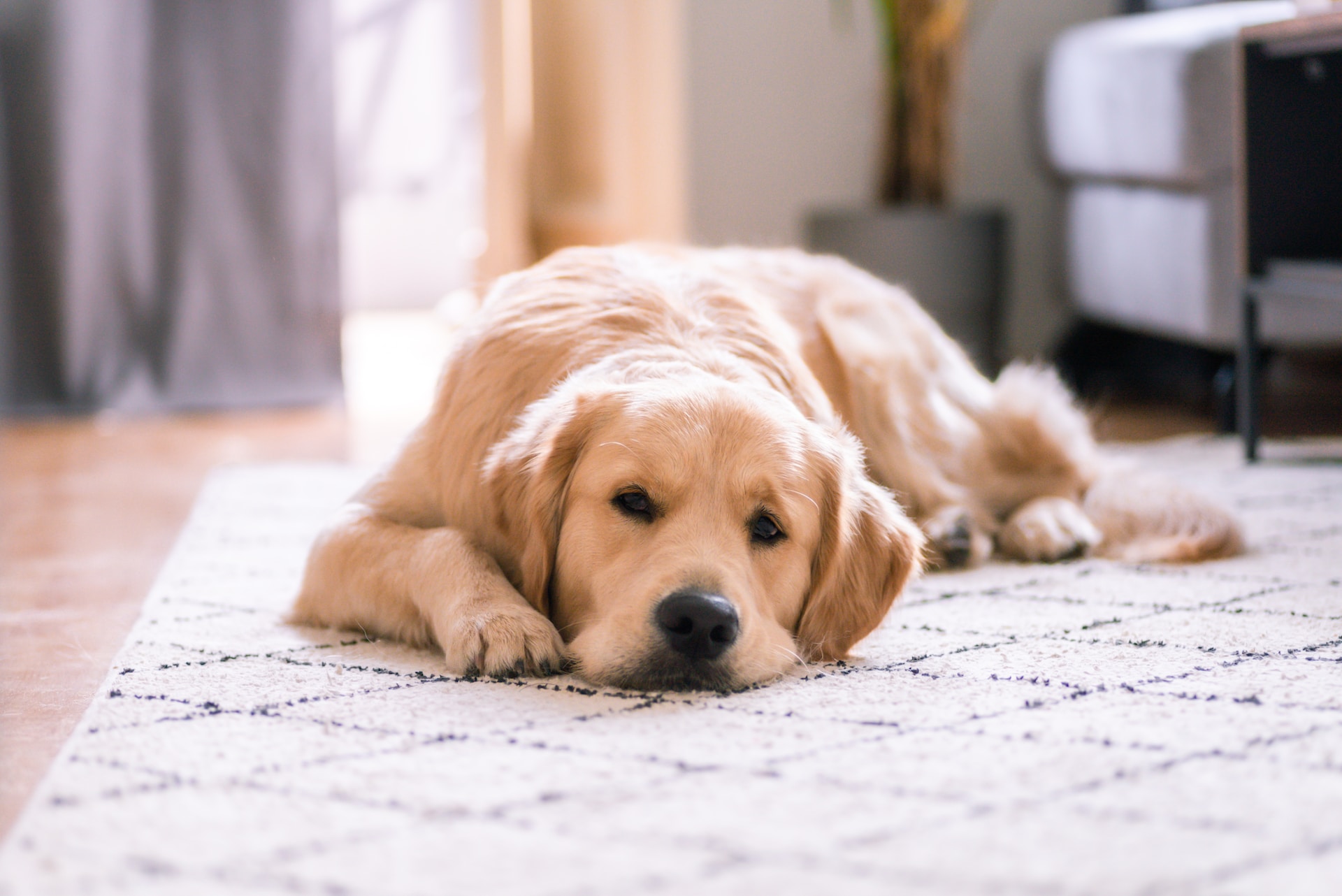Are you tired of constantly finding your Labrador licking everything in sight? It can be quite frustrating to deal with this behavior, but fear not! I’m here to share some tips on how to get your beloved furry friend to stop their incessant licking.
Firstly, it’s important to understand why Labradors lick things excessively. Licking is a natural behavior for dogs as it serves various purposes such as grooming, showing affection, or even seeking attention. However, if the licking becomes excessive and starts causing damage or discomfort, it’s time to address the issue.
One effective technique is redirection. Whenever you catch your Labrador in the act of licking something they shouldn’t be, calmly redirect their attention towards a more appropriate activity or toy. This will help them associate positive behavior with an alternative action and gradually reduce their inclination to lick everything around them.
Another approach is providing mental and physical stimulation. Labradors are intelligent and energetic dogs that require sufficient exercise and mental engagement. By ensuring they receive regular walks, playtime, and puzzle toys that challenge their mind, you can help alleviate boredom which may contribute to excessive licking.
How to Stop My Dog from Licking Everything
Excessive licking in dogs can be a perplexing behavior for many owners. However, understanding the reasons behind this behavior is crucial in order to address it effectively. Let’s delve into the possible causes of excessive licking, including both health issues and environmental factors that may contribute to this behavior.
Causes of Excessive Licking
There are several potential causes for a Labrador or any dog to engage in excessive licking:
- Anxiety or stress: Dogs often lick themselves as a self-soothing mechanism when they feel anxious or stressed. It can become an obsessive-compulsive behavior if left unchecked.
- Boredom or lack of stimulation: When dogs don’t receive enough mental and physical activity, they may resort to excessive licking as a way to occupy themselves.
- Allergies: Just like humans, dogs can develop allergies to certain foods, environmental elements (such as pollen), or even fleas. Licking can provide temporary relief from itching caused by allergies.
- Pain or discomfort: If your dog is experiencing pain or discomfort, they may instinctively lick the affected area as a means of alleviating their distress.

Health Issues That Can Cause Excessive Licking
It’s important to consider potential underlying health issues that could be causing your dog’s excessive licking:
- Skin conditions: Dogs with skin irritations such as dermatitis or hot spots may excessively lick these areas in an attempt to soothe them.
- Gastrointestinal problems: Certain gastrointestinal issues like acid reflux, food sensitivities, or upset stomachs can lead to increased saliva production and subsequent excessive licking.
- Dental problems: Toothaches, gum disease, or mouth infections can cause discomfort that leads to excessive licking around the mouth area.
Environmental Factors That Contribute To Excessive Licking
Beyond health-related causes, there are also environmental factors that can contribute to excessive licking:
- Lack of proper grooming: Dogs rely on their owners to maintain their hygiene, including regular bathing and brushing. If neglected, they may resort to excessive licking as a way to clean themselves.
- Chemical irritants: Exposure to harsh chemicals in cleaning products, pesticides, or even certain plants can cause skin irritation and prompt excessive licking.
- Changes in routine or environment: Dogs thrive on routine and familiarity. Any sudden changes in their environment or daily schedule can lead to stress-induced licking behavior.
Signs and Symptoms of Health Problems Causing Excessive Licking
- Redness and Swelling: Persistent redness and swelling in specific areas of your dog’s body could be indicative of an allergic reaction or localized infection.
- Hair Loss: Excessive licking can lead to hair loss, especially in the areas that your Labrador frequently targets. If you notice patches of missing fur or thinning coat accompanied by excessive licking, it may be a sign of an underlying health issue.
- Changes in Behavior: Pay attention to any changes in your dog’s behavior such as increased restlessness, irritability, or decreased appetite. These behavioral changes could be linked to pain or discomfort causing the excessive licking.
- Foul Odor: An unpleasant odor emanating from your dog’s skin or mouth could indicate an infection that is causing them to lick excessively.
- Lick Granulomas: Sometimes, dogs develop lick granulomas—a raised ulcerative sore on their skin caused by constant licking and chewing of a specific area. This behavior often stems from underlying pain or behavioral issues and requires veterinary attention.
Providing appropriate mental and physical stimulation is crucial when it comes to addressing excessive licking behavior in dogs, including Labradors like mine.
Remember that each dog is unique, so it may take some trial and error to find the right combination of mental and physical stimulation that works best for your Labrador. By providing them with adequate outlets for their energy and curiosity, you’ll help curb their desire to lick everything in sight!